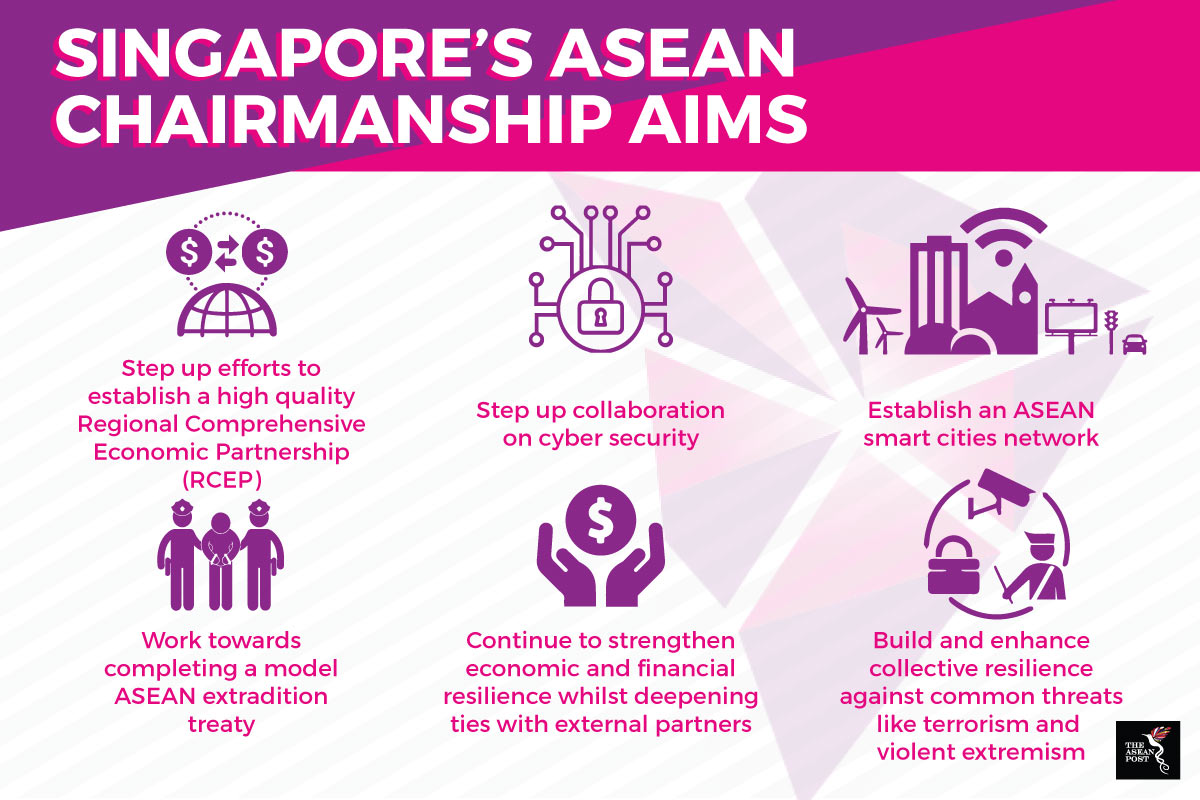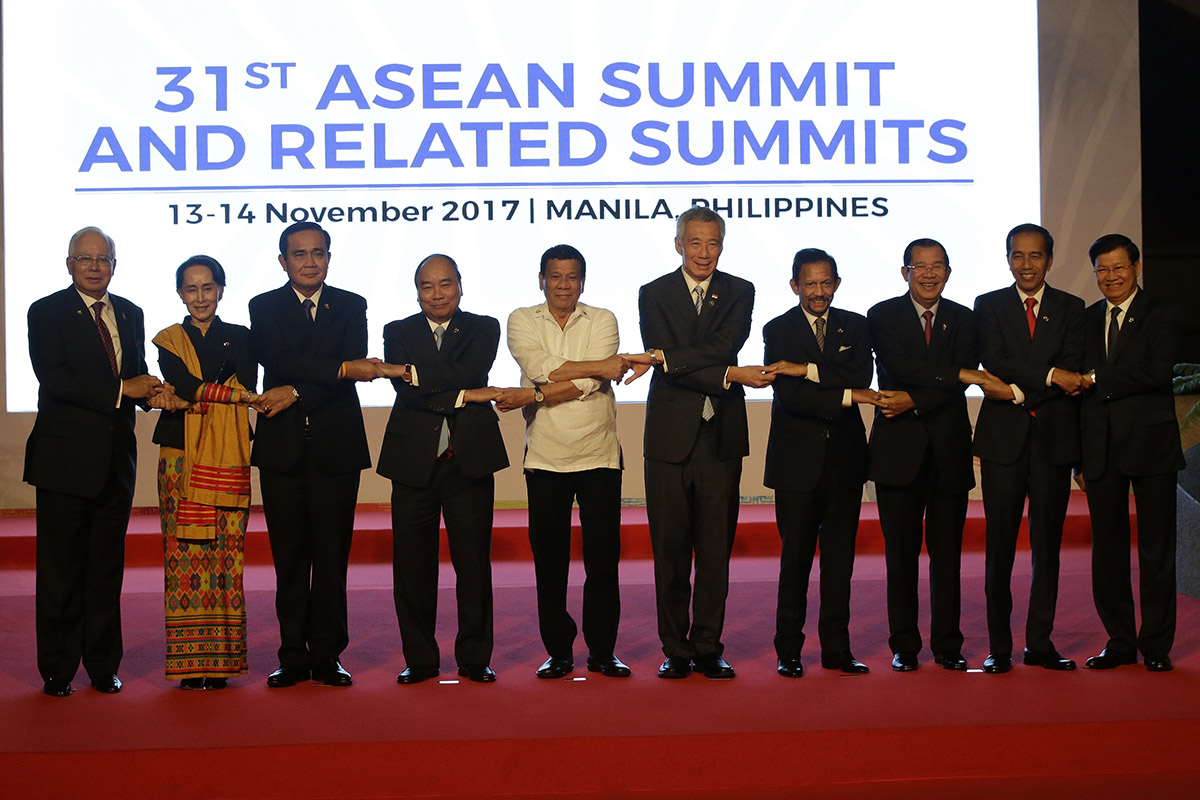It’s that time of year again. Starting from tomorrow, the heads of state from all 10 ASEAN countries will meet and discuss the biggest issues in the region today. Hosting the ASEAN Summit for the 32nd time is Singapore, the Chairman of ASEAN 2018.
The theme of Singapore’s chairmanship is “Resilient and Innovative”, which perfectly encapsulates the attitude ASEAN needs to take in the face of today’s global challenges. With an economy that’s booming, a market size of over 600 million people, and a strategic location, ASEAN is fast growing into a global player. Major powers like the United States (US) and China are clamouring for influence over Southeast Asia. Aside from that, the rapid rise of technology over the past few years requires an ASEAN that’s “innovative”, one that is adaptive to new technologies but also pushing the boundaries of what these new technologies can offer.
This year’s ASEAN Summit promises to be an exciting one considering the challenges ahead for the Southeast Asian region. Over the past year we’ve seen a trade war develop between the US and China, increased militarisation in the South China Sea and North Korea announcing the suspension of its nuclear tests. Analysts are saying that all these issues could be up for discussion during the summit. Here are some talking points we expect to come up this week at the ASEAN Summit.

1. South China Sea
The South China Sea issue is a thorny one since it involves various claimants to the territory – Vietnam, the Philippines, Malaysia, Indonesia, Brunei and China. Tensions in the South China Sea are high at the moment with China militarising the Spratly Islands and the US increasing their frequency of freedom of navigation missions. When the Philippines held the chair last year, Duterte was criticised for not touching on the South China Sea issue during his Chairman’s statement. Singapore has been quiet on this issue too, so do not expect Lee Hsien Loong to explicitly talk about it in his statement. However, this doesn’t mean that the various issues related to the South China Sea will not be discussed. Discussions will probably be held behind closed doors.
2. Trade
Trade discussions will probably revolve around the US-China trade war happening right now. While ASEAN has yet to receive any spill-over effects from the trade war, ASEAN countries could be in trouble if the trade war further intensifies. Aside from that, expect ASEAN to renew their commitment for free trade despite the growing protectionism of the United States. Discussions over ASEAN’s position in the Regional Comprehensive Economic Partnership (RCEP) and developing the ASEAN Economic Community (AEC) will probably dominate the discussions.
3. Smart cities
At an event held by the ISEAS-Yusuf Ishak Institute last year, Foreign Minister, Vivien Balakrishnan mentioned that establishing an ASEAN network of smart cities is one of the priorities of Singapore’s chairmanship. Discussions over Singapore’s proposal were held at the recent ASEAN Foreign Ministers’ Retreat and will probably be brought up again at the summit. ASEAN countries such as the Philippines, Thailand, Vietnam and Malaysia are already starting to develop smart cities of their own. Integrating the cities into a regional network would be a welcome proposition.
4. Defense and security
At a security forum earlier this month, Singapore’s Defense Minister, Ng Eng Hen proposed a “3R” framework as ASEAN’s strategy against terrorism. The three R’s referred to are resilience, response and recovery. Ng also pointed out the need to prepare for possible chemical, biological, and radioactive (CBR) threats by terrorists and rogue states. Expect Ng to expand further on his proposal. ASEAN member states will also most likely discuss a regional framework in combatting cyber-terrorism.
5. North Korea discussions
While ASEAN isn’t directly involved in negotiations related to the denuclearization of North Korea, any implications of the negotiations will definitely impact the region. Last year, Duterte condemned North Korea’s nuclear maneuverers in his chairman speech. This year’s tone might be somewhat different though seeing North Korea has suspended their nuclear tests and could be going in for peace talks with South Korea. Lee Hsien Loong would probably mention these developments and encourage a political solution rather than a military one.
